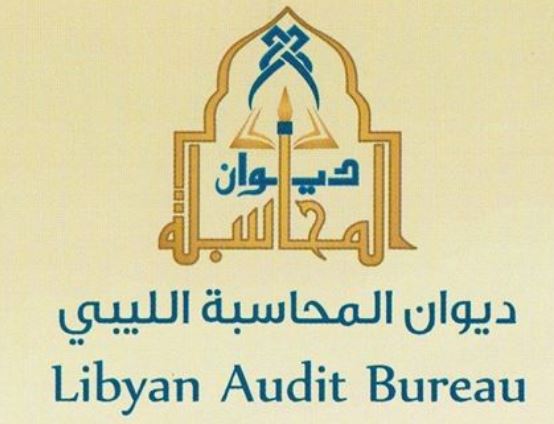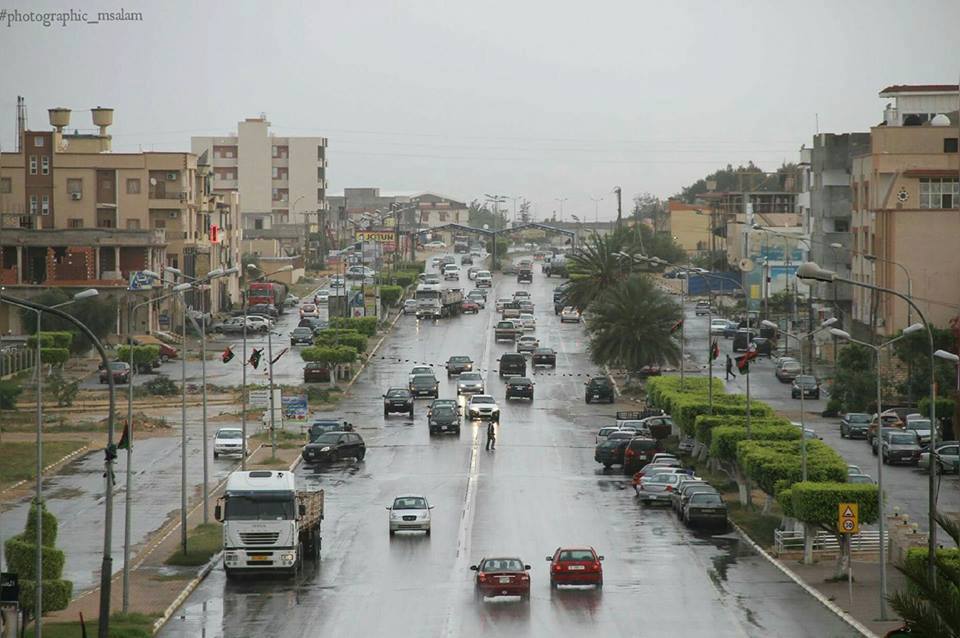By Sami Zaptia.
London, 13 October 2017:
The World Bank Economic Outlook report on Libya released this month paints a dire picture of Libya’s economy stating that reform of structural issues predating the 2011 revolution need to be addressed.
‘‘Despite limited improvements, the Libyan economy still remains far below potential, hindered by the persistence of violent political conflict. The twin deficits remain large and lacking any framework for corrective measures, exacerbating the instability of the macroeconomic framework. Inflation accelerated, eroding further the purchasing power of the population. Over the medium term, the challenges go beyond reconstruction to addressing pre-2011 development gaps, diversifying the economy, and promoting private sector development’’, the report said.
‘‘Despite strong growth performance driven by the oil sector, the Libyan economy is still suffering from political strife that hinders it from reaching its potential. Following four years of recession, the Libyan economy recovered in 2017-H1, thanks to the resumption in the production of hydrocarbon products after the repossession from militias of the main oil fields last year. The non-hydrocarbon sectors remained sluggish inhibited by lack of funds and security. GDP is expected to increase by 25.6 percent in 2017, allowing income per capita to substantially improve to 65 percent of its 2010 level after losing more than half of its value’’, added the latest report.
The World Bank report also stated that ‘‘Prices of almost all commodities continued to increase over the first half of 2017, which further depleted the purchasing power of the population. Inflation hit a record level of 28.5 percent over 2017-H1 following the 25.9 percent registered last year. Inflation is mainly driven by acute shortages in the supply chains of basic commodities, speculation in the expanding black markets, the de facto removal of food subsidies due to lack of funds, and the strong devaluation of the LYD in the parallel markets. High inflation coupled with weak performance of non-hydrocarbon sectors are likely to have increased poverty and exacerbated socio-economic exclusion’’.












